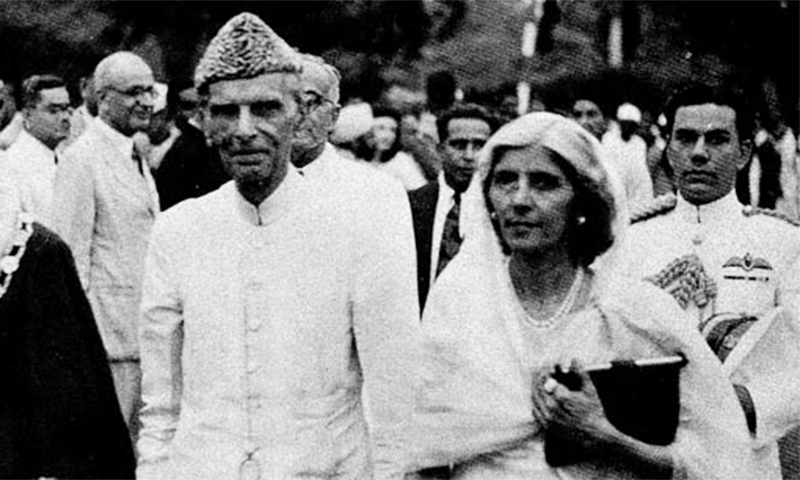The Journey of Muhammad Ali Jinnah: The Architect of Pakistan
Muhammad Ali Jinnah, the founder of Pakistan, was a visionary leader. His journey from a young law student to the leader of a new nation is one of the most inspiring in South Asian history. Jinnah‚Äôs life was marked by his pursuit of justice, his dedication to Muslims in India, and his belief in democracy and constitutionalism. This article explores his journey, his rise as a national leader, and the events that led to Pakistan’s creation.
Early Life and Education
Jinnah was born on December 25, 1876, in Karachi (then part of British India). He came from a prosperous merchant family. Jinnah received his early education in Karachi and Bombay (now Mumbai). Later, he moved to London to study law. At 20, he became the youngest Indian to be called to the bar at Lincoln’s Inn in 1896. This achievement marked the beginning of his legal career.
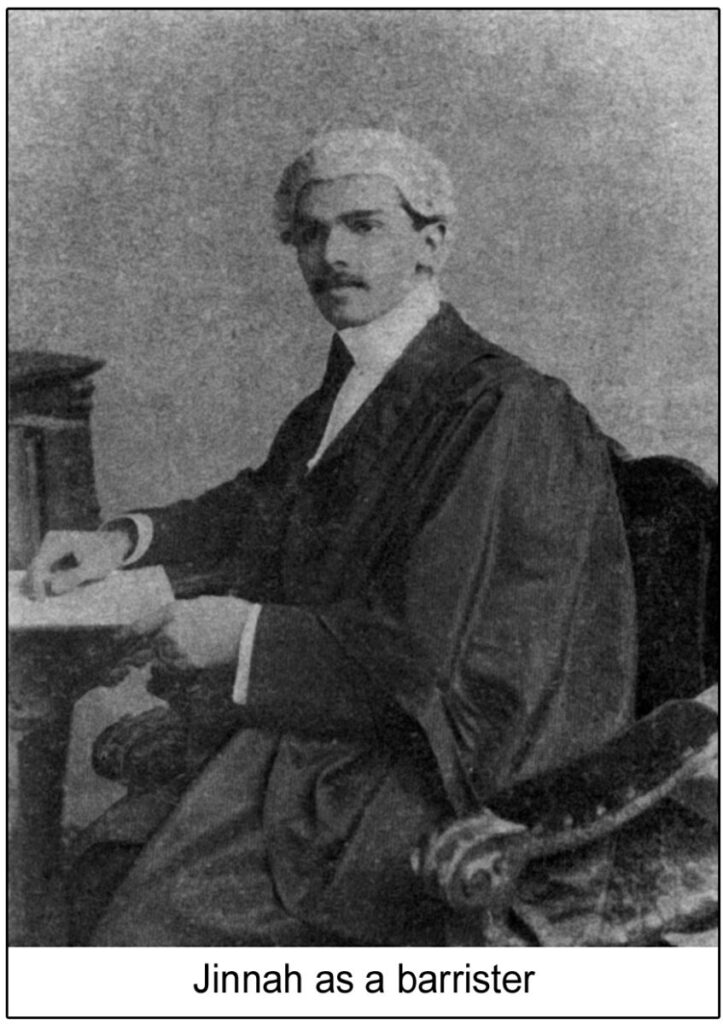
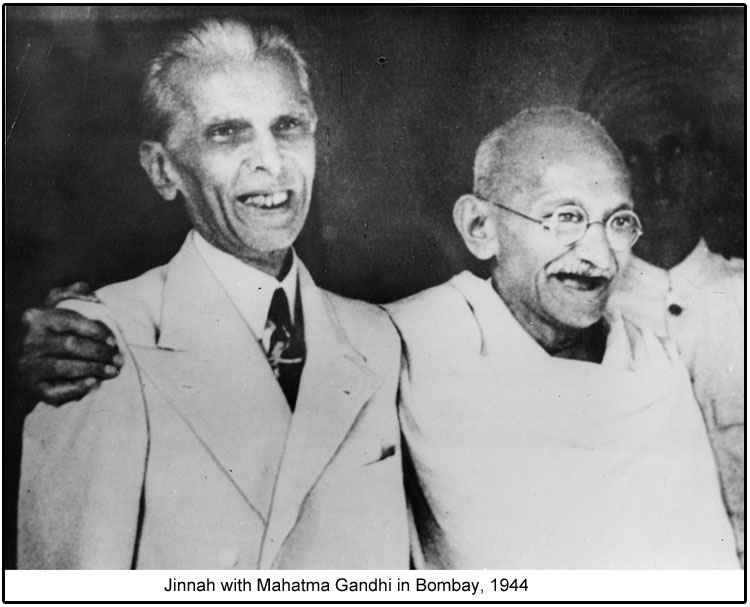
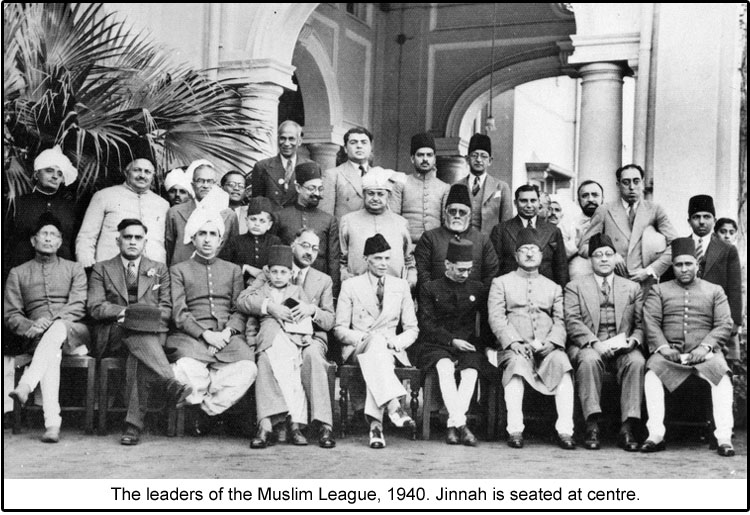
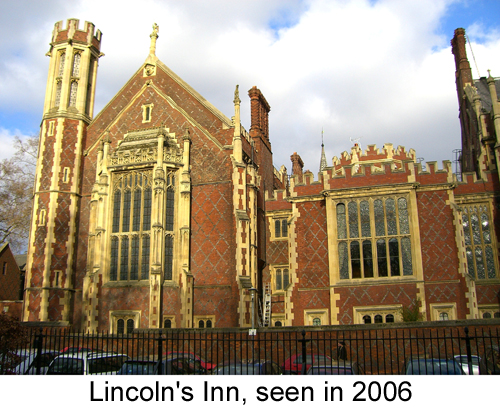
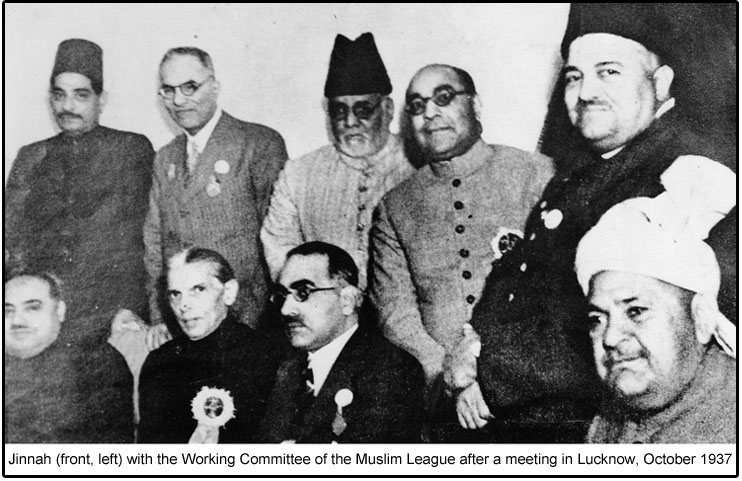
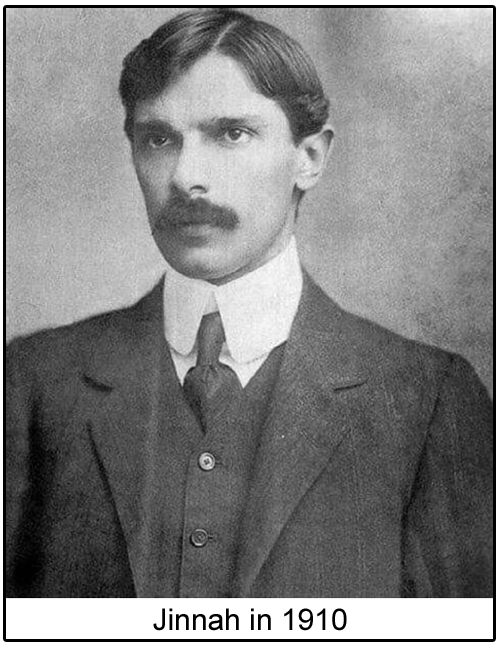


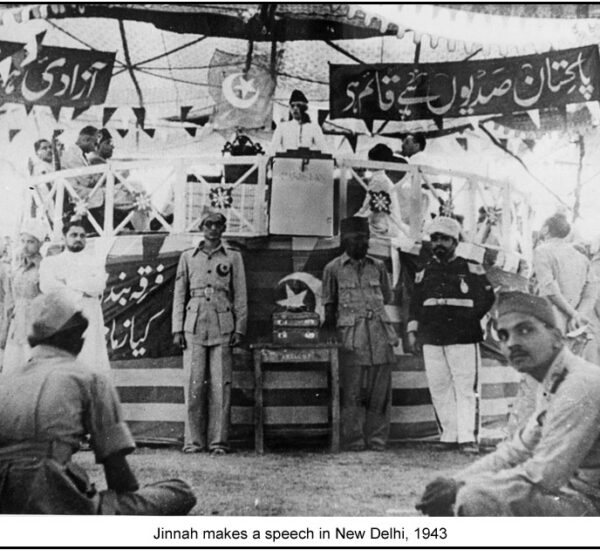
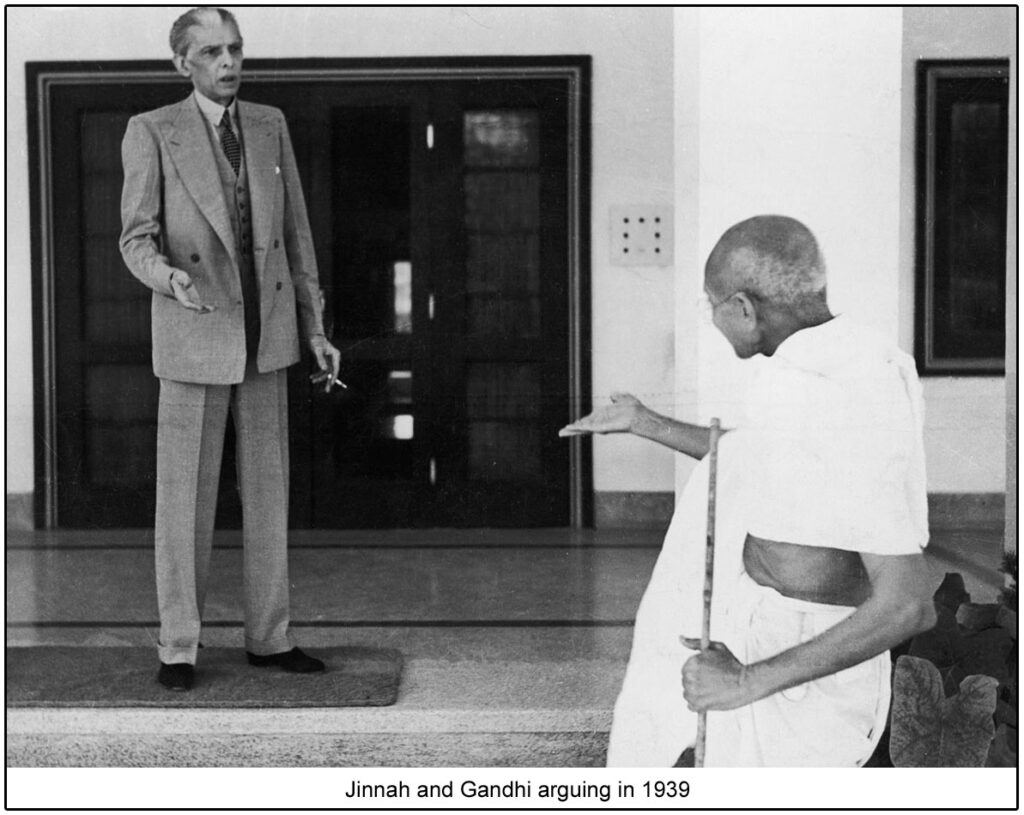
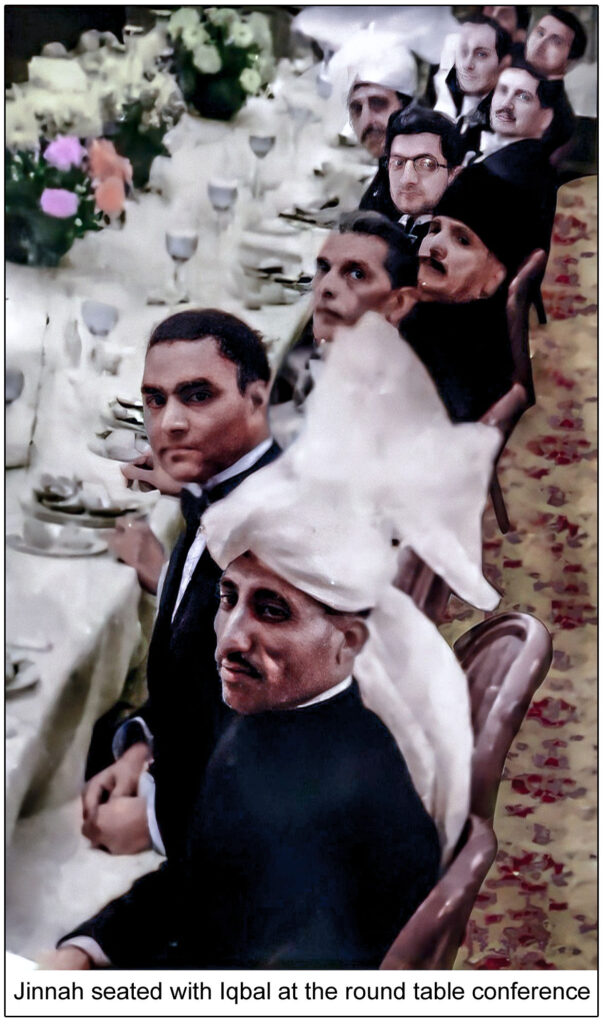
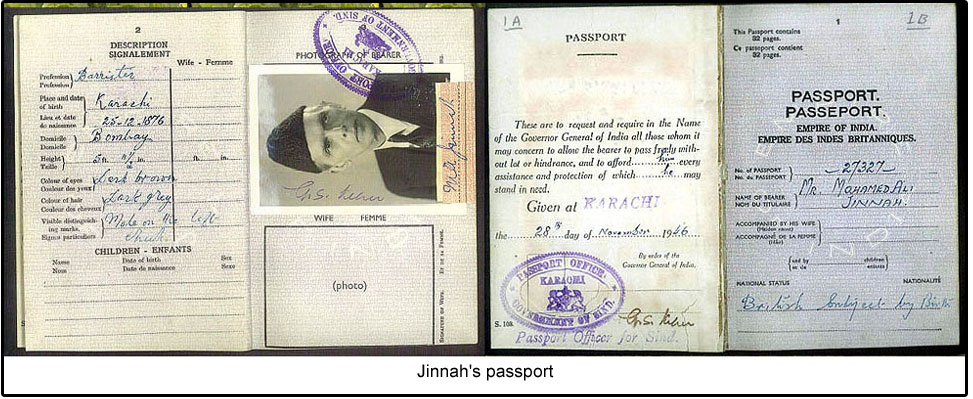
While in London, Jinnah studied British constitutional law, parliamentary traditions, and Western political thought. These experiences shaped his views on justice, democracy, and civil rights. These principles would later guide his political journey.
Early Political Career
After returning to India, Jinnah quickly became a successful lawyer in Bombay. He gained fame for his sharp intellect and eloquent advocacy. In 1906, he entered politics by joining the Indian National Congress. The Congress sought greater autonomy from British rule. Jinnah admired moderate Congress leaders like Dadabhai Naoroji and Gopal Krishna Gokhale. Initially, he worked to unite Hindus and Muslims in the fight for independence.
Jinnah‚Äôs political efforts aimed to bridge communal divides and promote a united India. He played a key role in securing the Lucknow Pact of 1916, which protected Muslim political rights in a united India. This earned him the title ‚ÄúAmbassador of Hindu-Muslim Unity.‚ÄĚ
A Shift Towards the Muslim League
Over time, Jinnah became disillusioned with the Congress leadership. The rise of Hindu-majoritarian politics, especially under Mahatma Gandhi, concerned him. He feared that Muslim interests would be sidelined in an independent India. The Congress’s refusal to accommodate Muslim concerns in the 1920s and 1930s further distanced Jinnah.
In 1913, Jinnah joined the All India Muslim League. This political organization advocated for Muslim rights within India. By the late 1930s, Jinnah became the League’s leader. He believed that Muslims needed a separate political identity. He felt that Muslims would be marginalized in a Hindu-majority India.
The Demand for Pakistan
In the 1930s and 1940s, Jinnah’s political views changed. He argued that Muslims were not just a religious minority but a distinct nation with its own culture, religion, and political interests. This led to the Lahore Resolution of 1940. The Muslim League, under Jinnah’s leadership, formally demanded independent states for Muslims in the northwestern and eastern parts of India. These regions would later form Pakistan.
Jinnah‚Äôs demand for Pakistan met strong resistance from the British and Congress. However, his eloquence, legal expertise, and negotiation skills made him a powerful leader. His insistence on the ‚ÄúTwo-Nation Theory‚ÄĚ became the foundation for his campaign. This theory argued that Hindus and Muslims were two distinct nations, each deserving its own homeland.
Leadership and the Creation of Pakistan
As World War II progressed, the British government realized that it could not ignore the demands of India’s Muslim population. In the years before independence, Jinnah played a central role in negotiations between the British, Congress, and the Muslim League. His firm stance on Pakistan led to the partition of India in 1947.
On August 14, 1947, Pakistan became an independent nation. Jinnah became its first Governor-General and was affectionately called ‚ÄúQuaid-e-Azam,‚ÄĚ meaning ‚ÄúGreat Leader.‚ÄĚ His vision for Pakistan was a democratic state where all citizens, regardless of religion, would enjoy equal rights. In his famous speech on August 11, 1947, Jinnah emphasized religious freedom, tolerance, and minority rights.
Legacy and Impact
Jinnah passed away on September 11, 1948, just over a year after Pakistan’s creation. However, his legacy remains deeply embedded in Pakistan’s identity. He is remembered for his role in founding the nation and for his commitment to justice, constitutionalism, and democracy.
Jinnah’s vision was for a modern, progressive Pakistan, free from religious extremism and sectarianism. Despite the challenges the country has faced, Jinnah’s ideals continue to inspire generations of Pakistanis striving for a prosperous, peaceful, and just society.
Conclusion
Muhammad Ali Jinnah’s journey from a young lawyer in Bombay to the founder of Pakistan is one of perseverance and determination. His belief in the rights of his people changed the map of South Asia and created a homeland for millions of Muslims. Jinnah’s legacy endures as a symbol of strength, vision, and justice, making him one of the most influential figures in modern history.
Outbound Links
For further reading on the history of Pakistan and Muhammad Ali Jinnah’s role in its creation, check out these reliable sources:
